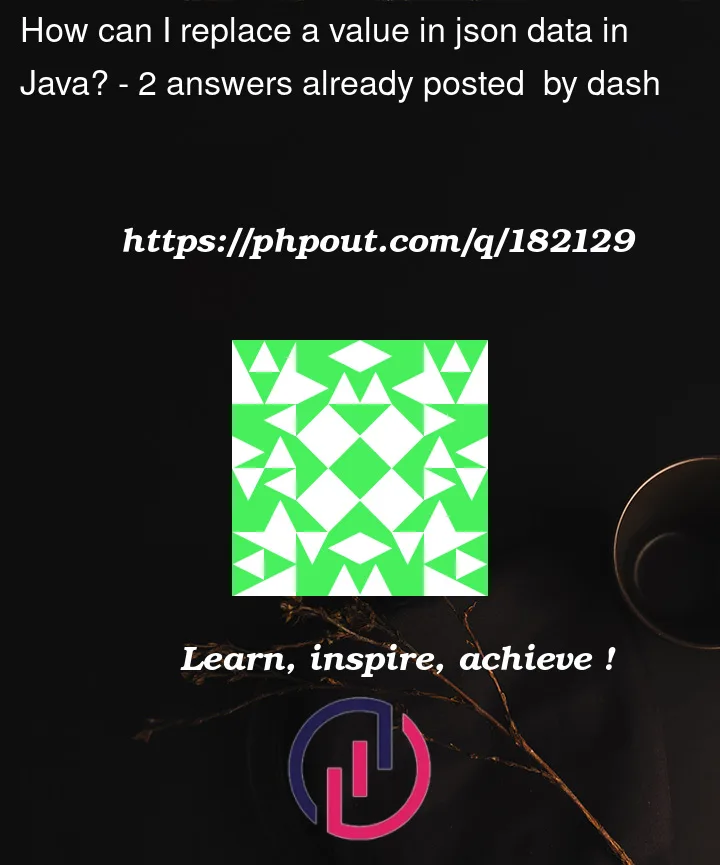I am trying to replace API Data with "All" in Emp_Id field in data in json. And then make rows with every data of API.
I tried in ecmascript but I need in Java as this map function is giving error in nifi.
API DATA: I have stored this data in "Response" attribute in ExtractText in Apache Nifi.
response
{
"status": "success",
"data": [[123, 0], [124, 0], [446, 0], [620, 0], [470 ,1]]
};
jsonData
{
"Emp_Id": "All",
"Emp_loc": "523",
"Emp_dept": "Management",
"Emp_sub_dept": "Finance",
"Emp_sub_dept2": "Accountant"
};
Expected Result
[
{
"Emp_Id":"123",
"Emp_loc":"523",
"Emp_dept":"Management",
"Emp_sub_dept":"Finance",
"Emp_sub_dept2":"Accountant"
},
{
"Emp_Id":"124",
"Emp_loc":"523",
"Emp_dept":"Management",
"Emp_sub_dept":"Finance",
"Emp_sub_dept2":"Accountant"
},
{
"Emp_Id":"446",
"Emp_loc":"523",
"Emp_dept":"Management",
"Emp_sub_dept":"Finance",
"Emp_sub_dept2":"Accountant"
},
{
"Emp_Id":"620",
"Emp_loc":"523",
"Emp_dept":"Management",
"Emp_sub_dept":"Finance",
"Emp_sub_dept2":"Accountant"
},
{
"Emp_Id":"470",
"Emp_loc":"523",
"Emp_dept":"Management",
"Emp_sub_dept":"Finance",
"Emp_sub_dept2":"Accountant"
}
]
This is tried in ecmaScript but I want it to be in Java because these functions are not working in executeScript of NIFI and giving error."java.lang.assertionError: geberating bytecode". Or if any other approach for converting this data.
this is the script I tried
var InputStreamCallback = Java.type("org.apache.nifi.processor.io.InputStreamCallback")
var IOUtils = Java.type("org.apache.commons.io.IOUtils");
var OutputStreamCallback = Java.type("org.apache.nifi.processor.io.OutputStreamCallback");
var StandardCharsets = Java.type("java.nio.charset.StandardCharsets");
var Set = Java.type("java.util.HashSet");
var Map = Java.type("java.util.HashMap");
var String = Java.type("java.lang.String");
var flowFile = session.get();
if (flowFile != null) {
var text = ''
session.read(flowFile,
new InputStreamCallback(function (inputStream) {
text = IOUtils.toString(inputStream, StandardCharsets.UTF_8);
}));
var s3Data ={}
var apiResponse={}
var map = new Map();
var s3Data = JSON.parse(flowFile.getAttribute('jsonData'))
var apiResponse = JSON.parse(flowFile.getAttribute('response'))
var result = apiResponse.data.map(([id]) =>
Object.fromEntries(Object.entries(s3Data).map(([k, v]) =>
[k, v === "All" ? id : v]
))
);
flowFile = session.write(flowFile,
new OutputStreamCallback(function(outputStream) {
outputStream.write(JSON.stringify(result).getBytes(StandardCharsets.UTF_8))
})
);
}
I tried with groovy also but I have very less knowledge of Groovy so I couldn’t write the proper ExecuteScript.




2
Answers
Can you try following Code, please see that i have trie to match the output if there are anyother logic present please update question.
ObjectMapper from here
You may try library Josson & Jossons to transform and join the two datasets.
https://github.com/octomix/josson
Deserialize, Transform and Join
Left join
<=<two transformed datasets with matchingkey.Output
Demonstrate the transformation of
responseDivert each
dataelement to separate branches. For each branch, get the first array element and then build an object with elementEmp_Idandkey.Output
Demonstrate the transformation of
jsonDataAdd an element
keywith the value ofEmp_Idand then removeEmp_Id.Output